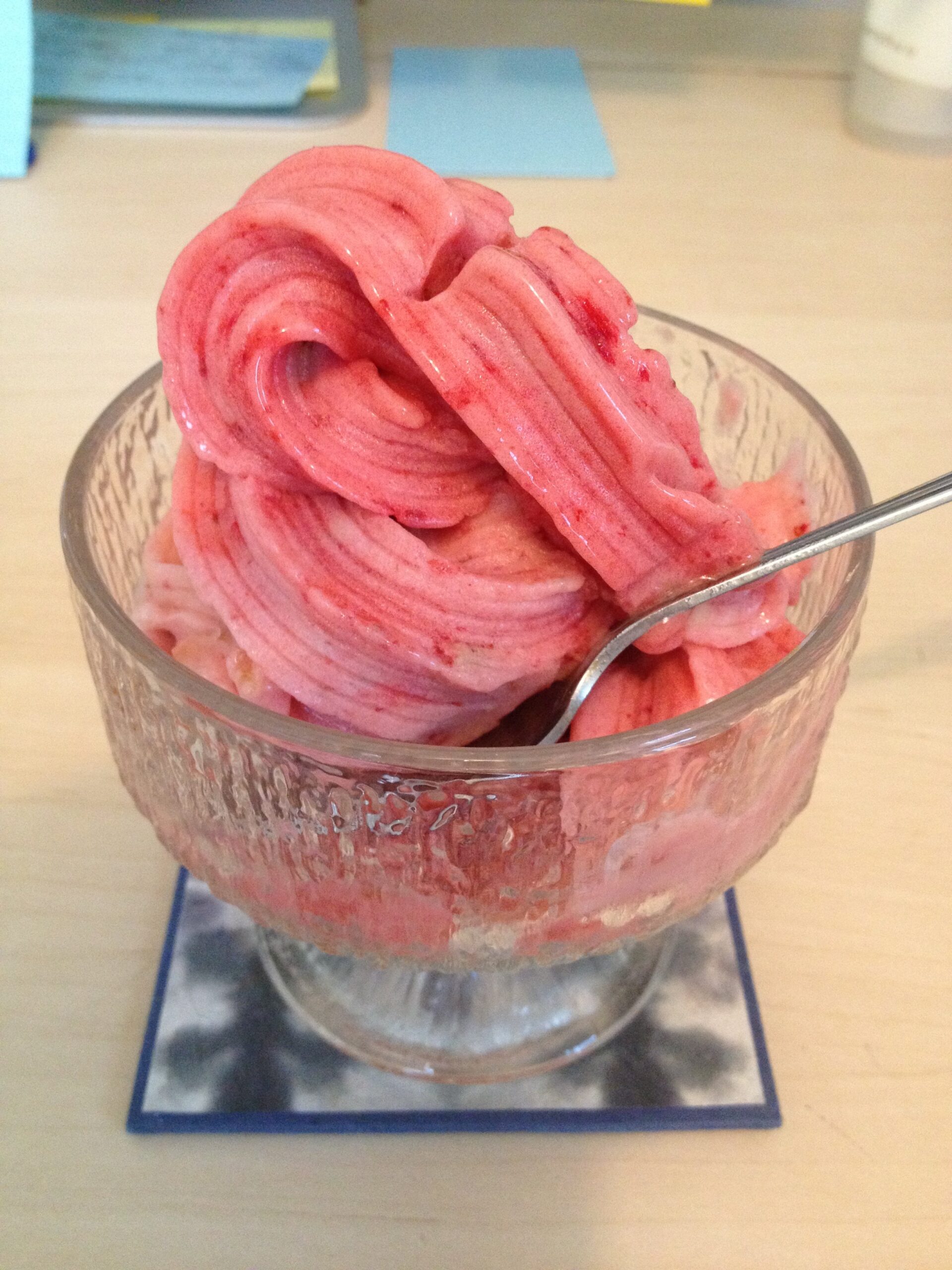Hearty Vegetable Soup
The colder months are right around the corner, so preparing yourself for this change is always a smart idea. Thanks to this hearty vegetable soup you will be able to get warmer and get a dosage of nutrients. If you take a close look at the ingredients you will notice that this vegetable soup includes a few different veggies, but we would like to focus on three of them since they provide most of the effects.
The Powers of Cabbage
Cabbage has been used for thousands of years in different parts of the world. It is low-calorie and nutrient dense vegetable rich in vitamin C, potassium, folic acid, vitamin B6, biotin, calcium, magnesium and manganese. Cabbage contains powerful anticancer compounds known as glucosinolates, especially indole-3-carbinol, sulphoraphane, di-indolmethane and isothiocyanate . Consuming cabbage and other cruciferous vegetables on a regular basis has been recommended by American Cancer Society to decrease the risk of cancer.
Cabbage has also been shown to be extremely effective in the treatment of peptic ulcers- with measurable effects from cabbage juice shown in studies just after seven days due to its high glutamine content. Additionally, cabbage can ease muscle soreness; prevent cancer and lower bad cholesterol.
Benefits of Carrots in Vegetable Soup
The list of nutrients found in carrots is very long, so we will begin with vitamin A precursor called beta-carotene because carrots contain an incredible amount of this vitamin. This vitamin is great for the vision (especially night vision) and helps prevent macular degeneration and senile cataracts- the leading cause of blindness in the elderly. It is also great for the skin. It keeps the skin hydrated and smooth and eyes protected from different diseases and disorders. Two carrots provide about 4050 retinol equivalents, or roughly 400% of RDA of vitamin A.
Carrots are also an excellent source of potassium, a mineral that boosts energy and balances blood pressure. This mineral is also good for the nervous system. Carrots also have a significant amount of manganese, which helps the body absorb other nutrients. In addition, carrots fight free radicals in the body, improve the cardiovascular system and boost the immune system. Their antioxidant compounds are reputable for cardiovascular and cancer protection.
How to use bay leaves
In order to get the best flavor, make sure to use dry bay leaves or dry them before use. Bay leaves are best when they are used in slow-cooking meals because they release their flavor gradually. It is perfect for savory dishes like soups, stews, sauces, pickles, sausages and fish dishes. I personally love to cook my beans with 2 bay leaves to help the gas and for the extra flavor. Prior to serving and after cooking, bay leaves should be removed – you probably already know not to chew on them! That is why I would recommend buying whole rather than crushed bay leaves.
Enjoy this delicious vegetable soup recipe! Looking for more recipes with functional nutrition benefits? Follow me on Pinterest!

Ingredients
- 1 pound ripe chopped tomatoes, or a 16 ounce can chunky tomato sauce
- 5 cups of cabbage, coarsely chopped
- 1 onion, chopped
- 2 cloves of garlic, crushed
- 2 carrots, quartered and coarsely chopped
- 1 bay leaf
- 1 teaspoon dried thyme leaf
- 1/ teaspoon paprika
- 1 teaspoon Celtic Sea Salt
- 1 cup fresh coarsely chopped parsley
- ½ teaspoon dill
- ½ teaspoon marjoram
- ½ teaspoon to 1 tablespoon honey
- 4 cups of water
- A pinch of cayenne pepper (optional)
- 1 cup of naturally fermented low sodium sauerkraut (optional)
Instructions
- In a large stockpot, combine all ingredients except parsley, sweetener and sauerkraut. Bring to a boil, then reduce heat and simmer in covered pot for 1 hour. Add parsley, honey and sauerkraut and cook uncovered for an additional 30 minutes.
LEAVE A COMMENT
If you want to transform your life, if you want health and wellness, if you want peace of mind, there isn’t a better investment than working with Kasia.~ Beth























0 Comments
No comments yet